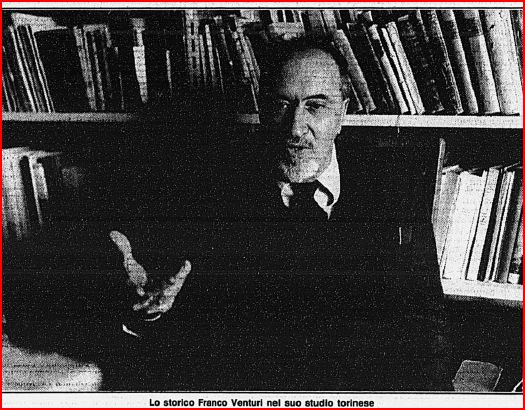Tra nsferring the Soviet New Man: Eastern and Central European Perspectives
nsferring the Soviet New Man: Eastern and Central European Perspectives
Deadline: 20 December 2013
Babeș-Bolyai University in Cluj-Napoca, Romania, invites proposals to an international conference on the Soviet man.
Central to the Soviet experiment was the refashioning of man into what had often been referred to as the Homo Sovieticus. In the past decades, a growing body of new scholarship has focused on this very concept, tracking its origins in Russian political thought, cultural history, and aesthetics. Studies of comparative scope have generally confined themselves to considering the parallels and differences between the Soviet and Nazi/Fascist human engineering practices within the realms of Totalitarianism Studies, or the relation of the Soviet case to the Chinese and Cuban cases. Little attention has been paid yet in this context to the Eastern and Central European countries which were closely integrated into the Soviet sphere of interest after the Second World War. This interdisciplinary conference aims to fill this gap of scholarship.
The Stalinist version of the New Man was designed not only for domestic use, but for export. Significantly, in a competitive manner that conditioned the cultural orientation of high Stalinism, the New Man was imagined to be a prototype not only to the East, but to the West as well, an alternative to Western “decadent” subjectivity. In most cultures of Eastern and Central Europe, outside of the Soviet Union, however, anthropological standards were traditionally set by Western models, even though their reception was often critical. This tension seriously challenged the communist parties that tried to legitimize the transformation of their societies by invoking and reworking local traditions.
Questions that arise here include: How did the various communist elites try to accommodate ideas of the Soviet Man to local political, intellectual, cultural, and religious traditions? How did the social structure of Polish, East German, Czechoslovakian, Hungarian, Yugoslavian, Romanian, and Bulgarian societies affect the articulation of ideas of the New Man? What kind of local experimental practices or ideas emerged in pedagogy, psychology, criminology, or the medical sciences that aimed at the creation of a New Man? What were considered to be the primary tools for reworking oneself, and which among these were local or regional specificities, if any? Were there local models for the New Man?
Creating a new type of man, transforming the individual human soul and body, was certainly part of a larger project: that of remaking the entire people. This often involved a confrontation with the long established discourses on the given nations’ characteristics, which requires us to raise the question: How the idea of a New Man was incorporated into these controversies on national characteristics, and what was its function within these debates?
The organizers invite proposals for papers addressing the above questions. The organizers welcome proposals from academics working in diverse languages and fields, including literary studies, history of arts, cultural studies, religious studies, psychology, pedagogy, criminology, gender studies, intellectual history, the history of ideas, and social history.
An abstract of 300–400 words and a curriculum vitae should be submitted to socreal.eceu@gmail.com by 20 December 2013, and working papers must follow by 1 June 2014. Please send any inquiries about the conference to the same address. The language of the conference will be English, and presentations should last no longer than 20 minutes.
Partial funding may be available for contributors. Pending the outcome of funding applications, we hope to be able to offer lodging and meals for speakers, and perhaps a few travel bursaries for those in the greatest need.
Our goal is that the best and most relevant papers to emerge from the conference will be collected in a volume or thematic journal issue.













